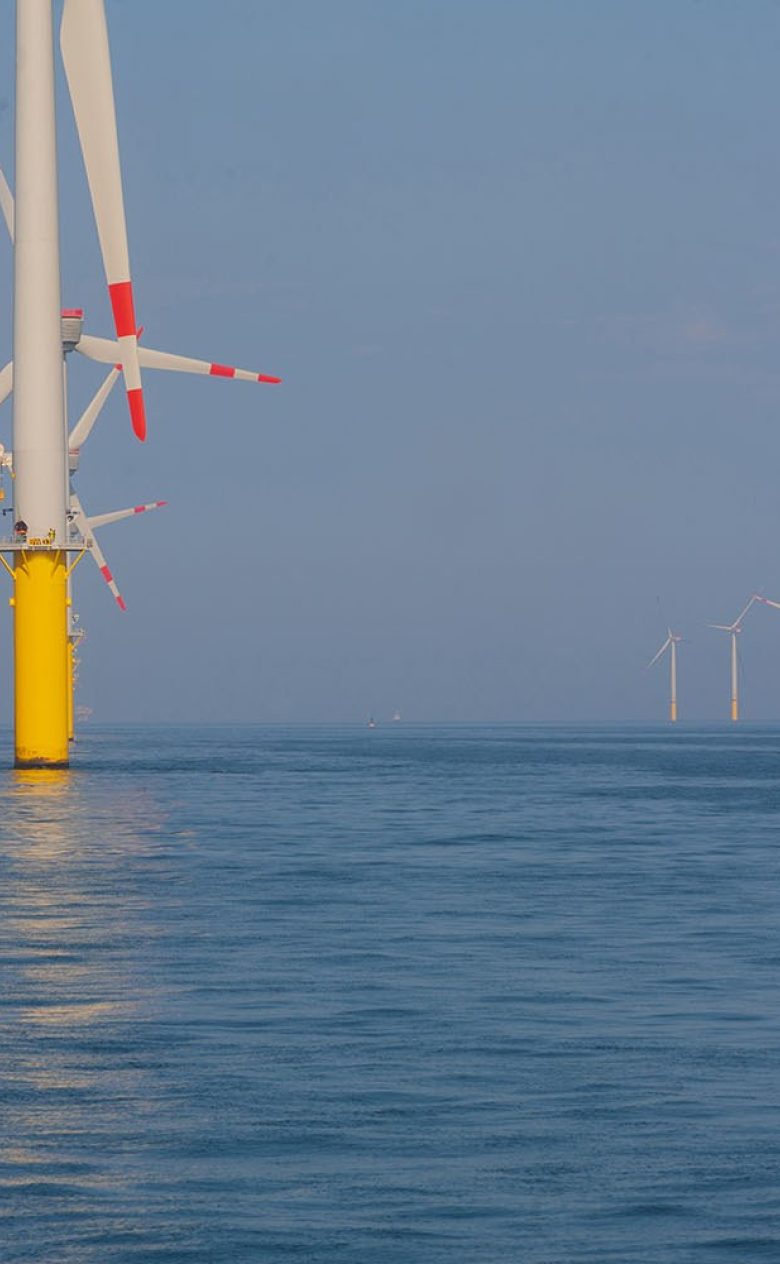Wave movements in North Sea more predictable through machine learning
Accurate predictions of wave movements in the North Sea are crucial in marine and coastal engineering projects. For example, for installing an offshore wind turbine in the North Sea. The better the predictions of wave movements, the better you can plan the implementation of projects at sea. Experts from Coastal Structures & Waves at Deltares have discovered that you can better predict wave movements by linking process-based models to machine learning models.

Joost den Bieman, senior researcher at Coastal Structures & Waves and involved in the study, says accurate wave predictions provide valuable information for shipping, coastal protection and offshore structures.
You can use this to plan your working days much better and predict tide gates for ships. That contributes to an efficient workflow and less risk of damage to and ships. Profit in other words!
Joost den Bieman, senior researcher
Superior performance
The machine learning model is trained with an extensive dataset of historical wave observations and wave predictions. To validate and evaluate the hybrid model, the team conducted extensive tests with different datasets. These experiments show that the hybrid model has superior performance. For instance, this model makes about 30% to 40% fewer forecast errors. This significantly increases the accuracy of operational wave forecasts with a time horizon of 48 hours.
Alongside colleagues from Deltares' Coastal Structures & Waves, senior researcher Joost den Bieman published a scientific article describing how waves can be accurately predicted by combining process-based and machine learning models.

